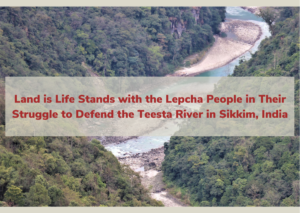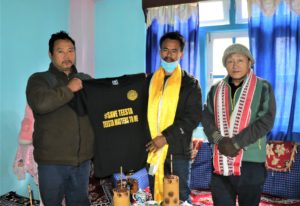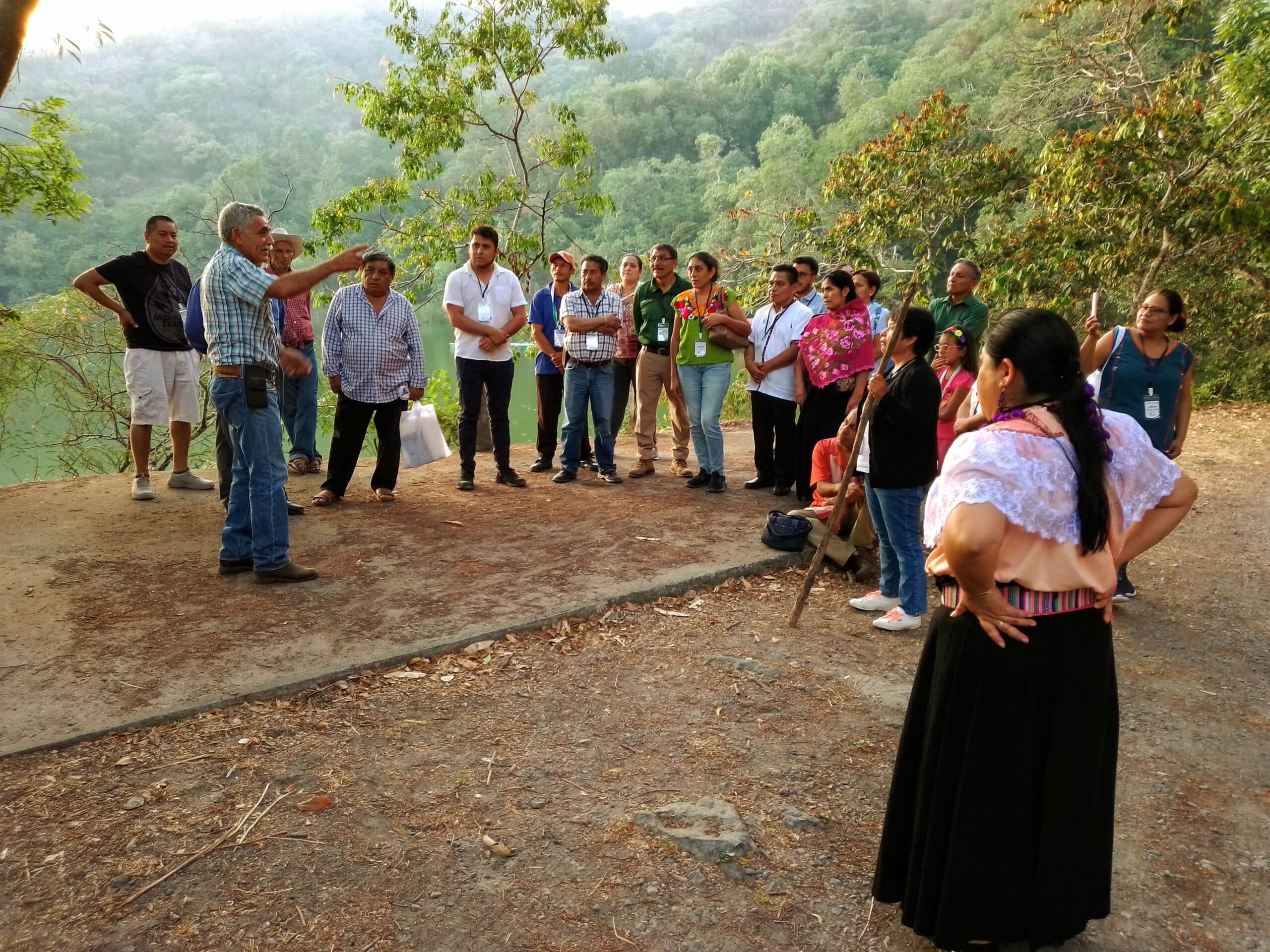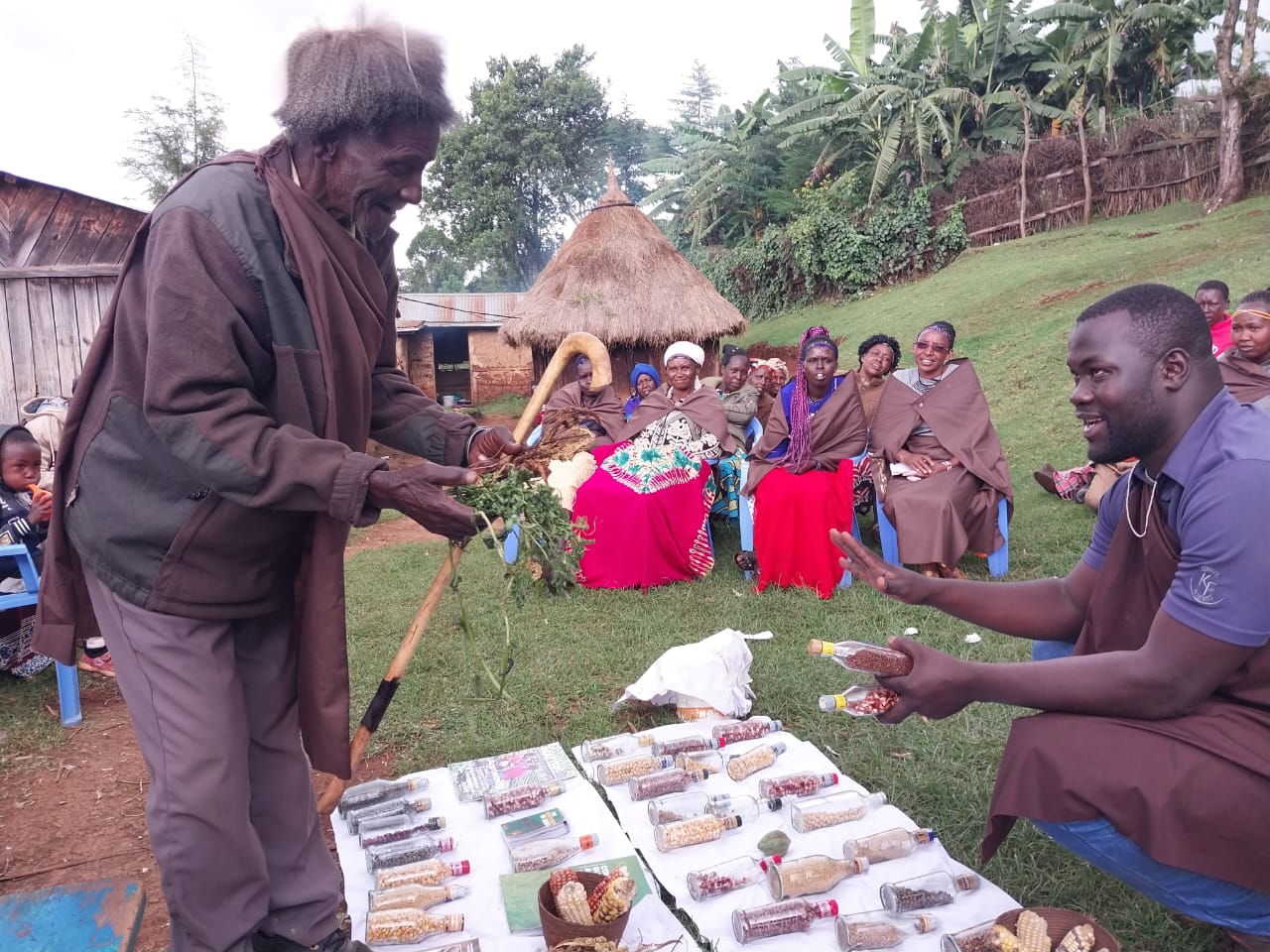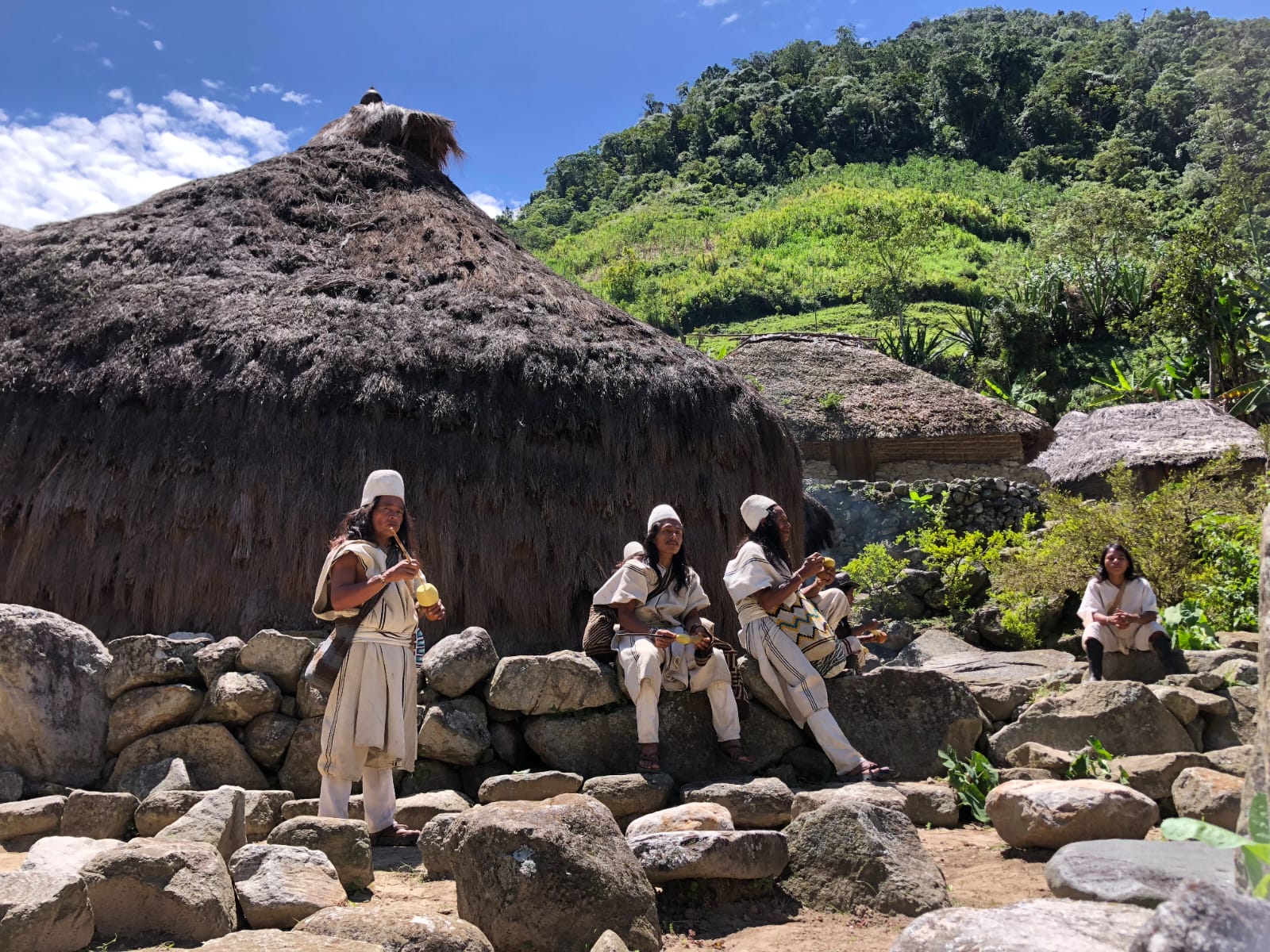Land is Life stands in solidarity with the Lepcha Indigenous people who are fighting for the last free-flowing stretch of the Teesta River in Sikkim, Northeast India, threatened by massive dam construction.
Teesta is a cross-border river originating in the eastern Himalayas and flowing through the Indian states of Sikkim and West Bengal into Bangladesh. Over the past few decades, the river has been dammed with multiple hydropower plants, such as the 510 MW Teesta V Hydroelectric project. Loss of fish habitats, increasing erosion and landslides, lack of water for irrigation as well as depletion of plant, insect and bird species, are examples of the effects caused by hydropower construction that has altered almost the entire river system.
Since 2007, the Indigenous Lepcha have been revisiting the planned 520 MW Teesta IV Hydroelectric Project that is now threatening the last 11 km stretch of free flow of the river in their ancestral land of Dzongu. The Dzongu is a biodiverse butterfly and bird hotspot with fragile ecosystems. The Lepcha fear the loss of their sacred river, the surrounding ecosystems, and the cultural heritage and livelihoods tied to them.
To join forces in protecting their river, the Lepcha established the Affected Citizens of Teesta (ACT), an organization devoted to fighting hydropower construction and to forming sustainable alternatives to dams. In addition to organizing various protests, petitions, and a 915-day hunger strike, ACT focuses on developing sustainable livelihoods, such as agroecology and eco-tourism, as alternatives to industrial unsustainable development projects. ACT has also appealed to the government to declare the last free-flowing stretch of the river as a river sanctuary.
Even though Dzongu has been officially declared as Indigenous territory by the Government of Sikkim, the Indian Government and the National Hydroelectric Power Corporation keep pursuing the project without the consent of the affected people. A land acquisition notification was recently issued in Dzongu, to build a tunnel under several villages, which would lead to people losing their ancestral lands and increase the risk of landslides.
Land is Life stands in solidarity with the Lepcha people and echoes the demands on the Indian Government to withdraw the Teesta IV Hydroelectric Project. Free, Prior and Informed Consent processes should be put in place immediately. Instead of taming the last free-flowing stretch of the Teesta River, the cultural and ecological values should be elevated by the establishment of a river sanctuary. The Lepcha should be the ones deciding on how to develop their ancestral lands and waters.

